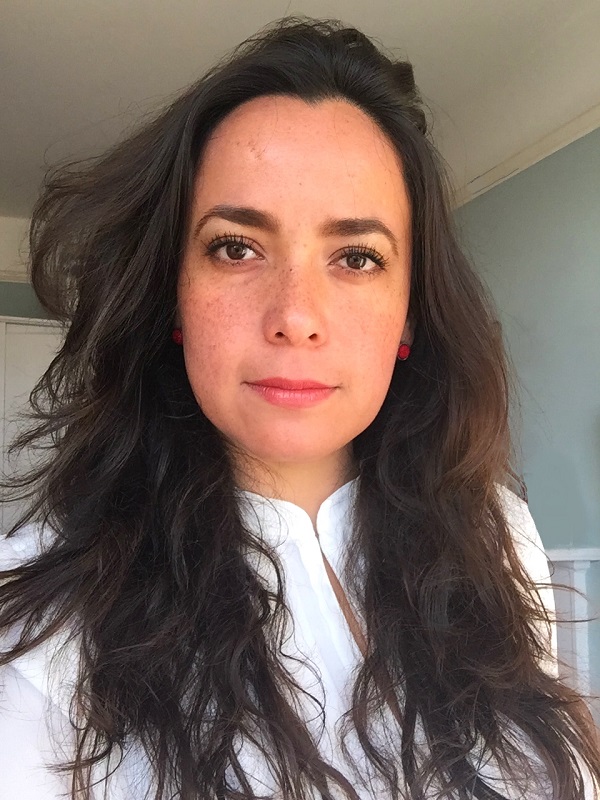NINE DTP Postdoctoral Fellow: 2018-19

Project Description:
In September 2017, I completed my PhD in Human Geography at Durham University. Prior to this I completed an MSc in Criminology and Criminal Justice at Durham. My research investigates the ways in which absent persons in Mexico are brought forward into the public sphere by family members searching for them and the citizen-led forensic techniques and knowledge produced within the search. For five years, I have examined the ways in which data collection and analysis is broadening our understanding of forensic science, not exclusively as a technology used by governments and its experts, but simultaneously as a tool for citizens to explore and enhance their political possibilities. My thesis analyses the different ways in which private citizens engage in practices of forensics after the disappearance of a loved one— through data collection, creation of lines of enquiry for investigation, and location of clandestine burial sites. Thus, it sheds light on the shortcomings of state-centric approaches to forensic practice and opens up a research agenda that examines and experiments with the political possibilities of citizen-led forensic interventions in humanitarian crises and conflicts. My doctoral research contributes to impact-led theoretical avenues in human geography as well as to approaches to the sociology of forensic science, which has been overly centred on expertise confined to laboratories and courtrooms, overlooking scenarios that challenge existing models of forensic investigation. My PhD thesis has made a substantive and original contributions to human geography and cognate disciplines, across three key aspects of theory, methods, and impact: theoretical approach to missing people and data practices; innovative use of participatory methods; and impactful co-production of forensic data techniques.
The ESRC Postdoctoral fellowship will allow me to build upon my track record of publications and further consolidate my contributions to academic and stakeholder understandings of the practice of forensic science amidst atrocities. The proposed programme of activities is designed to follow a continuous and iterative process of writing, public engagement, and output in order to support my longer-term academic career advancement.

